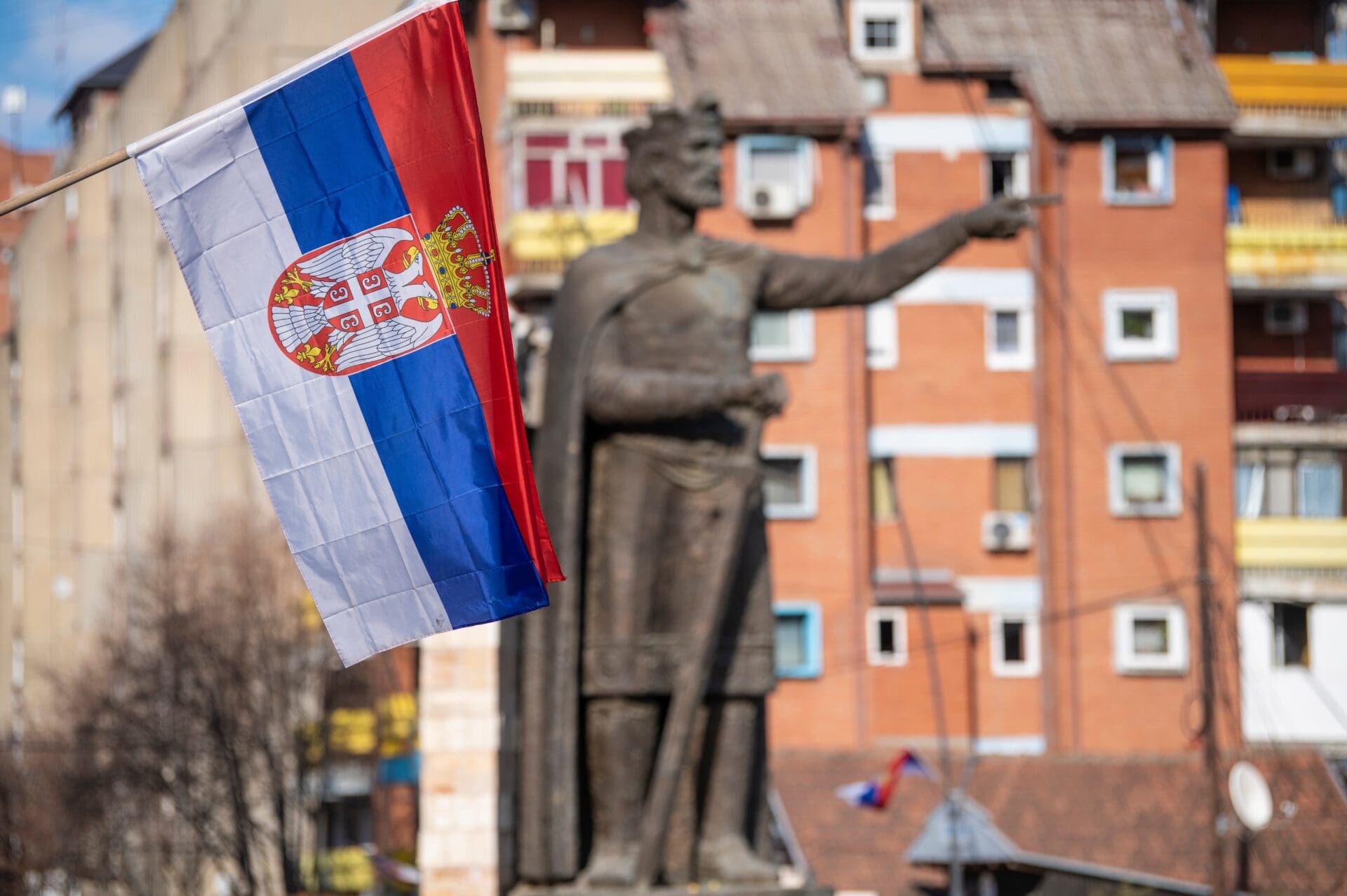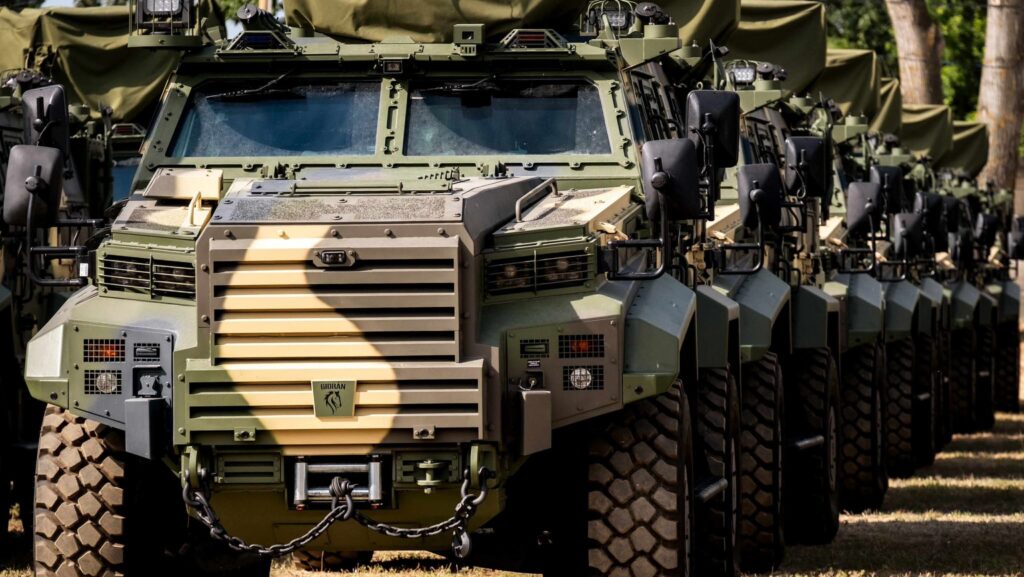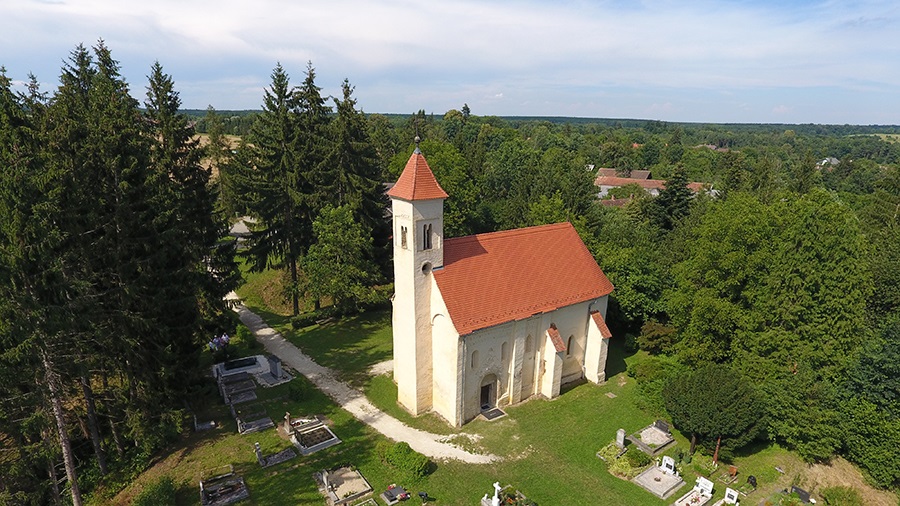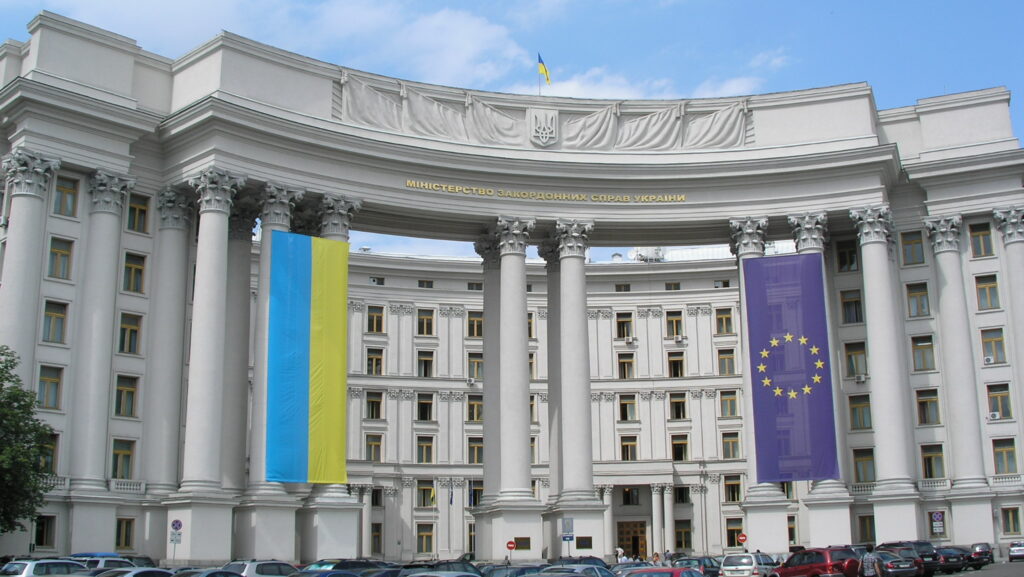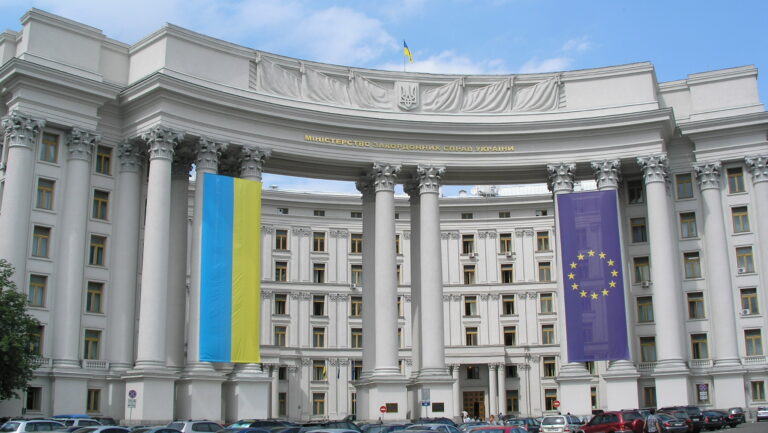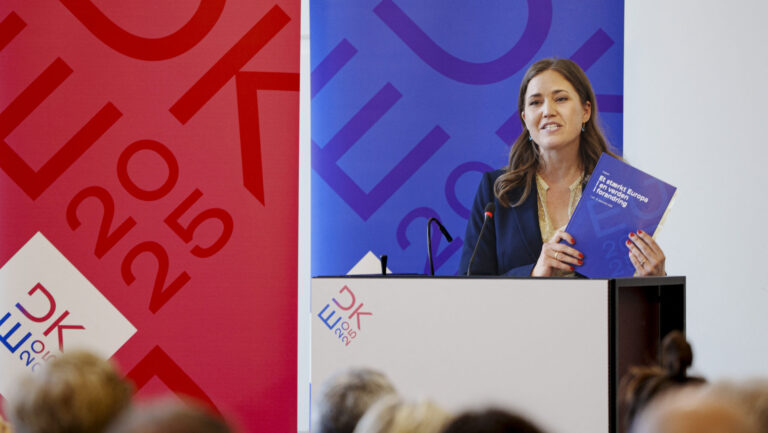Last September, tensions between Serbia and Kosovo were sparked by a dispute over licence plates. The sizeable Serbian minority of Northern Kosovo, which makes up around four to five per cent of the country’s population, has been using Serbia-issued car number plates ever since Pristina gained its independence. Kosovo wanted to force its Serbian population to use Pristina-issued plates (that mark Kosovo as an independent country, instead of as a region in Serbia) and threatened to introduce fines set at a 150 EUR rate on non-complying drivers. In protest of the planned fines, a significant number of ethnically Serbian Kosovar police officers and other government employees resigned, unwilling to fine fellow ethnic Serbs. As the situation escalated by mid-November, roads were blocked, and violent protests erupted in Kosovo.
As the tensions went unresolved for months, Serbia placed its army on the ‘highest level of combat readiness’, and also increased its military presence on the Serbia-Kosovo border. Kosovo called on the NATO KFOR troops stationed in the country to remove the roadblocks, or Pristina would take matters into its own hands. Eventually, by the end of December 2022, most of the roadblocks, some of which had been in place for over 20 days, were removed from Northern Kosovo. Currently there are around 3,700 NATO peacekeepers in Kosovo, from around 30 countries, including Hungarian troops, but in light of the rising tensions Kosovo asked NATO to deploy more troops to the country.
Last September, Hungarian Defence Minister Kristóf Szalay-Bobrovniczky paid a visit to the Hungarian-led KFOR mission in Kosovo and said: ‘The security of the Western Balkans is a priority for Hungary, and Hungarian soldiers participating in the KFOR mission are making a significant contribution,’ as we have written earlier.
Hungarian Soldiers of #KFOR exercised crowd and riot control today. Realistic training involves all units of the @NATO led operation to keep its readiness and deterrence to contribute to a safe and secure environment and freedom of movement for all communities in #Kosovo pic.twitter.com/DpWaWtCqHv
— @NATO – KFOR (@NATO_KFOR) September 22, 2020
The tensions also have an impact on the Balkan countries’ EU accession plans. As part of the accession negotiations, the European Union requires Belgrade to address and resolve its existing tensions with Kosovo. The failure to resolve the conflict could significantly hinder Serbia’s chances of joining the EU. While Serbia applied for EU membership already in 2009, and has received its full candidate status in 2012, Kosovo is much further behind on the path towards membership. Kosovo formally applied to join the EU only in December 2022. While the expansion plan the European Commission published in 2018 includes Kosovo among the Western Balkan countries that the European Union would welcome as a member, unless relations between Serbia and Kosovo are normalized, accession of either of the countries is unlikely. Kosovo’s bid to join the EU is further complicated by the fact that five EU member states (Spain, Greece, Romania, Slovakia and Cyprus) do not recognize Pristina as an independent country. Kosovo is recognized by over 100 countries, including Hungary, but not by Serbia, Russia or China. Two of the EU member states who do not recognize Kosovo (Slovakia and Romania) are home to a large Hungarian minority—their unwillingness to recognize Kosovo stems from concerns over the implications of such a step regarding their own national minorities.
Read Next

